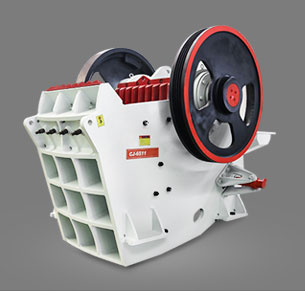Artificial marble block making machinery is used to produce engineered stone slabs that mimic the appearance of natural marble. These machines combine crushed stone (like quartz, granite, or marble) with resins, pigments, and additives to create durable, customizable slabs for countertops, flooring, and wall cladding.
Key Components of Artificial Marble Block Making Machinery
1. Mixing System
– Combines raw materials (stone powder/resin/pigments) uniformly.
– Includes planetary mixers or paddle mixers.
2. Vibrating Compaction System
– Compacts the mixture into molds using vibration and vacuum to remove air bubbles.
– Ensures high density and reduces porosity.
3. Curing Chamber/Oven
– Uses heat or UV light to harden resin-bonded slabs.
– Temperature control ensures proper curing.
4. Press Machine (Optional)
– Hydraulic or vacuum press enhances compaction for higher strength.
5. Demolding & Cutting Equipment
– Removes cured blocks from molds.
– Cuts blocks into slabs using bridge saws or CNC machines.
6. Polishing & Calibrating Machines
– Grinds and polishes slabs to achieve a smooth, glossy finish.
– Calibration ensures uniform thickness.
 Types of Artificial Marble Production Methods
Types of Artificial Marble Production Methods
– Vibro-Compression Vacuum Process: Common for quartz-based engineered stone.
– Casting Method: Used for polyester resin-based artificial marble.
– Pressurized Molding: Enhances strength through high-pressure compaction.
Leading Manufacturers
Some well-known suppliers include:
– Breton S.p.A. (Italy) – High-end quartz slab production lines.
– BMR (Turkey) – Affordable artificial marble machinery.
– Eaststar Machinery (China) – Cost-effective solutions for engineered stone.
– Simec (Italy) – Specializes in vibro-compaction systems.
 Considerations When Buying Machinery
Considerations When Buying Machinery
1. Production Capacity – Small-scale vs. industrial output needs.
2. Automation Level – Manual, semi-automatic, or fully automatic systems.
3. Material Compatibility – Adjustable formulas for different resins/aggregates.
4. After-Sales Support – Installation, training, and maintenance services.
Would you like recommendations based on your specific production scale or budget?
Leave a Reply